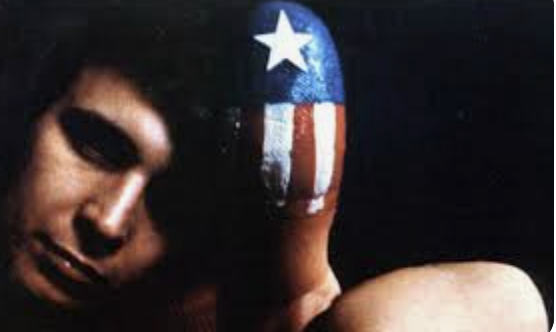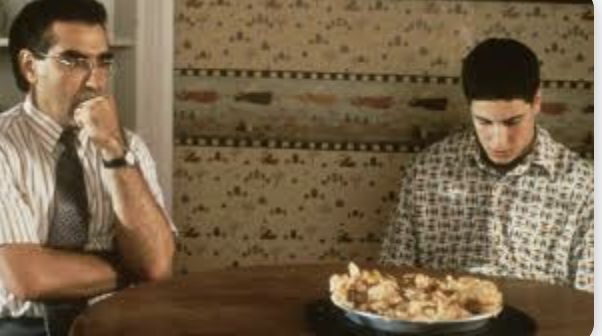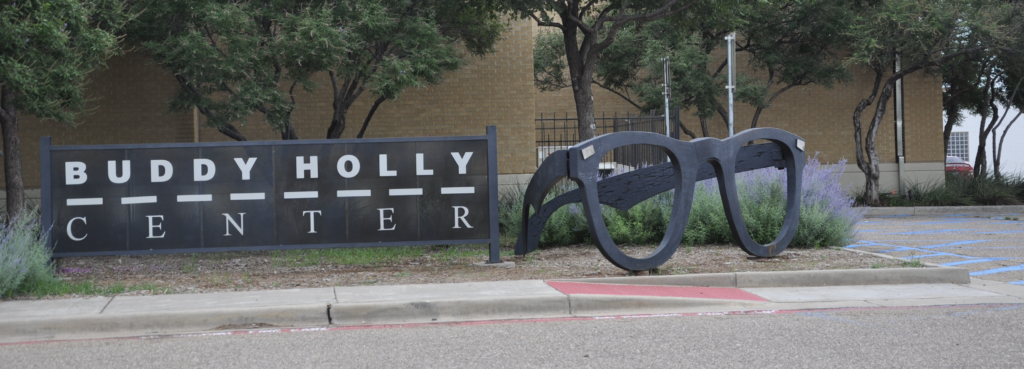It was January 1972 and it was a song unlike anything we had ever heard before.
Most of us were still listening to AM radio, unless we had eight-track tape players in our cars so that we could hear what we wanted when we wanted to hear it.
We were just past the end of the two-minute pop song and there were all sorts of hit records that were three, four or even five minutes long, but then there was one that was very different and it just blew our socks off.
“A long, long time ago. I can still remember how the music used to make me smile …”
Eight minutes and 35 seconds.

It reached No. 1 on the Cash Box Hot 100 for the week of January 8th, 1972, only to be dislodged a week later by Melanie’s sappy “Brand New Key.” McLean reclaimed the top spot the following week and wound up with four weeks as the biggest hit in the country.
My friends and I had so many conversations trying to ascertain what McLean meant by the various references, and for many years McLean made it tougher on us by declining to explain. When the 2022 documentary “The Day the Music Died,” commemorated the 50th anniversary of McLean’s song, he finally gave away some of his secrets.
Of course the day mentioned was the day a small plane crashed outside Clear Lake and killed Buddy Holly, Ritchie Valens and the Big Bopper. Holly in particular was one of the geniuses of early rock ‘n’ roll and was only 22 when he died. Valens was just 17.
When I heard some of the explanations, they left me a little bit doubtful. He said the Jester wasn’t Bob Dylan and the King wasn’t Elvis Presley. The Sergeants weren’t the Beatles, although when Lennon read a book on Marx, yes, that was John Lennon and Karl Marx.
The girl who sang the blues wasn’t Janis Joplin, and the three men he admired most (“the father, son and the holy ghost”) were not John and Bobby Kennedy and Martin Luther King.
When he went down to the. sacred store, where he’d heard the music years before, I always thought it was a reference to the recently closed Fillmore East in New York, but McLean insisted it was a reference to the store in New Rochelle where he had purchased 45s as a kid.
At least he seems finally to understand what his song meant to people. When I saw him in concert at the Kennedy Center in 1972, he seemed almost annoyed that people in the audience kept requesting he play “American Pie.” I don’t think there’s a video record of that concert, but this next video was of him singing the song in Great Britain that same year.
He was 26 then, he’s 77 now, and 50 years of people loving his song must be truly wonderful for him. He wrote and sang at least two other songs people love, “Vincent” from the same album as “Pie” and a beautiful love song, “And I Love You So” that was covered by most of the great crooners.
But “American Pie” was when he made history, even if most people under 35 probably think of the movie in which the idiot kid f**ked the apple pie in his kitchen.

I know I thought of the original one when I was returning to California from Texas in July 2010. I took an entirely different route home so that I could go through Lubbock, a route that took me through Eden and Happy (Texas has great city names) but mainly enabled me to visit the museum honoring the Lubbock’s favorite son.

I did see one fascinating thing in the movie about McLean’s song. Residents of Grand Rapids, Mich., performed one of the best and biggest lip-synching projects ever some years back to “American Pie.”
The song, not the movie.
Thank goodness.
